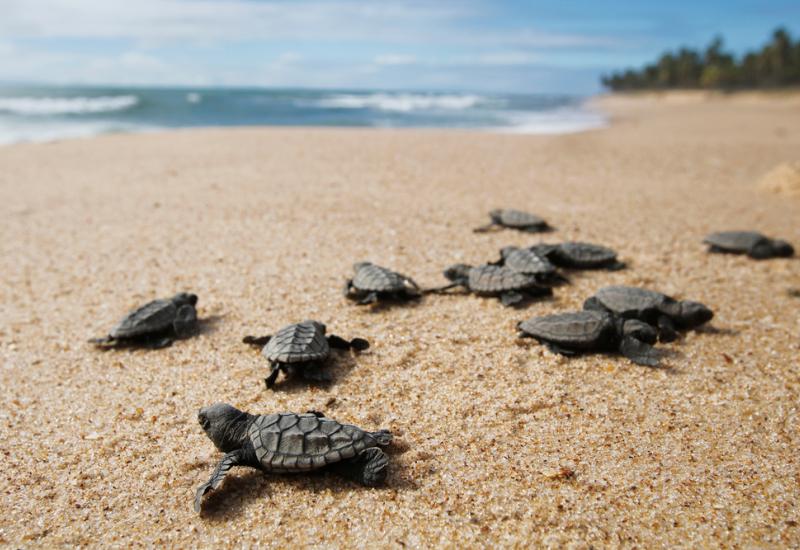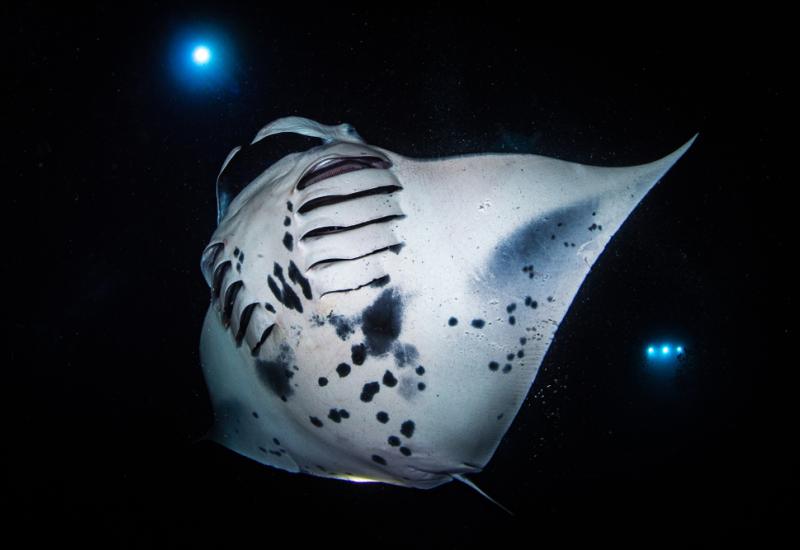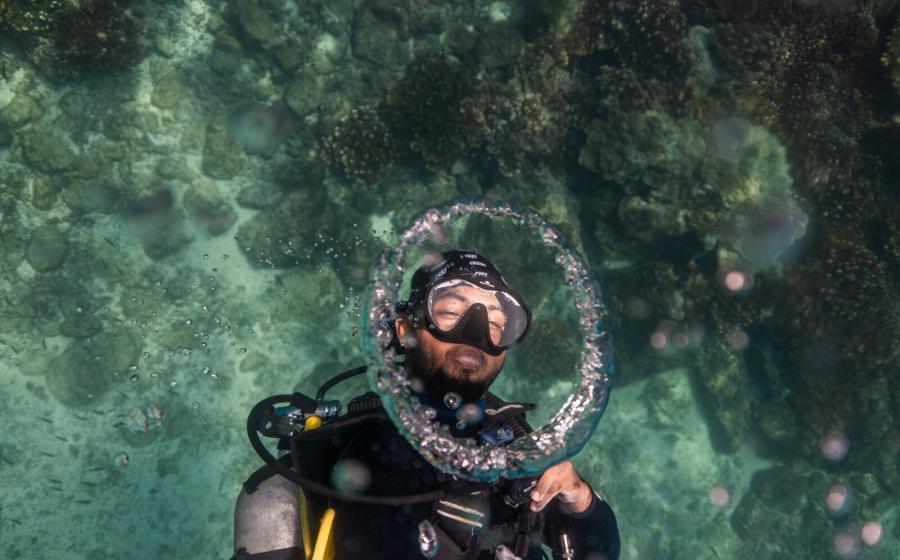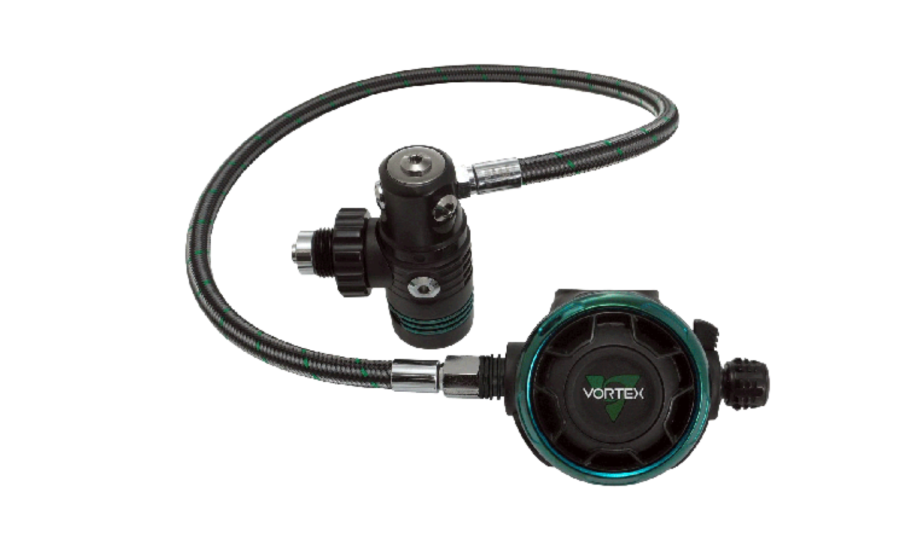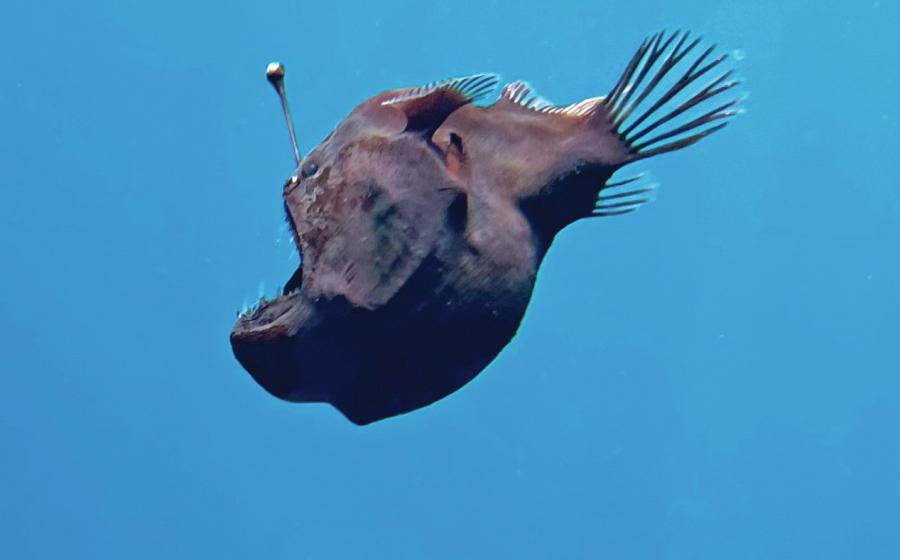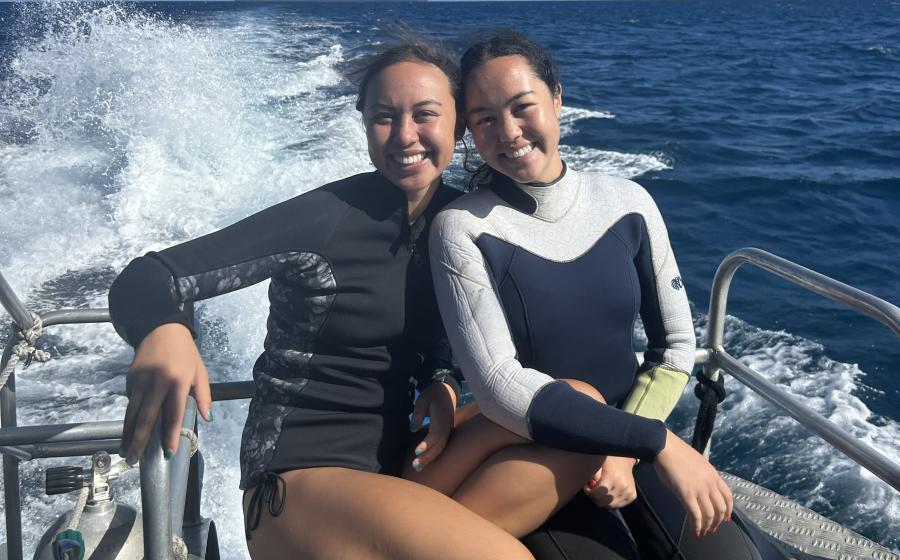What Are the Best Schools to Study Marine Biology?

Shutterstock.com/Fotoluminate LLCFinding the best school for a career in marine biology is more nuanced than you may think.
This is one of the most common questions I receive, and I’ve said for years that I don’t really want to answer it because the answer is complicated, nuanced and personally specific. But since it is such a popular question (and because my Scuba Diving editors asked me so nicely), I’m finally giving this question the detailed and nuanced answer it deserves.
First of all, there is no “best school.” It’s not like if you study marine biology at Harvard you’ll definitely get a job, but if you study marine biology at a state school you won’t.
So, rather than focus on where to go, I’ll show you how to choose a school for the best possible outcome for you. That’s because the best college or university to study marine biology is one that gives you a broad scientific education—including research experience—while meeting your other needs.
Seek a Broad Scientific Education
Some of the most successful marine biologists I know did not major in marine biology. They majored in (general) biology, ecology, environmental science or even chemistry, courses of study found at far more schools than marine biology. I majored in biology (with a concentration in marine science) before getting my Master of Science in Marine Biology.
Suppose you plan to pursue a career as a marine biology researcher. You will eventually specialize in a very narrow field which, while providing deep expertise, has the potential to silo your thinking and make you unaware of key outside information. Learning as much foundational science as possible will make you a better-rounded scientist.
Dani FerraroA shark design adds flair to a marine biology undergraduate’s cap and gown.
That doesn’t mean you shouldn’t take any marine biology classes—because you should. But you can always take them as electives, over the summer, or even during a study abroad experience. (And yes, you can always plan your study abroad to gain access to valuable coursework not offered by your university).
“Having a sexy BS in Marine Biology is no longer the be-all and end-all of a successful marine biology career,” says Kristina Agard, Eco Discovery Center manager for the National Marine Sanctuary Foundation and the former science program director for Seacamp, a marine biology summer camp in the Florida Keys. “I look for a well-rounded person who was a focused student. I’d encourage folks not to be scared of going to a cheap state school if it has a good biology program, and to take some of the money they would have spent on tuition elsewhere and use it to snap up as many of the unique, marine science–specific experiences as they can, like a semester abroad, marine biology clubs, internships or independent studies. You get out of your degree what you put into it, so don’t just rely on the most famous college.”
With a different perspective, you can use an even broader background to launch a successful career in marine biology. “You can be a competitive applicant for graduate school coming from almost any school and with almost any major,” says Dr. Catherine MacDonald, research assistant professor and head of the Marine Conservation Track of the Masters of Professional Science program at the University of Miami. “People tend to think that if they want to work in marine conservation they need a degree in biology, but there are many people who do essential work on those topics who aren't biologists—folks who work in policy, communications, biology, education. So, the first question should often be: What is the right kind of background and experience for the kind of work you want to do?” She also acknowledges that while people with almost any background can become successful, an undergraduate degree from a prestigious university can still open some doors.
Research Experience
Many jobs in marine biology and conservation require graduate school, at least a master’s degree and sometimes a Ph.D. (or even a Ph.D. with postdoctoral fellowships after). With that in mind, your undergraduate goal is to make yourself a competitive applicant for graduate school. Other than good grades in your key courses, what graduate schools look for more than anything else is research experience. Knowing how to design and carry out a scientific research project is far more beneficial than whether you read the same marine biology 101 textbook at Harvard or a lesser-known state school.
Knowing how to design and carry out a scientific research project is far more beneficial than whether you read the same marine biology 101 textbook at Harvard or a lesser-known state school.
“The best marine biology programs for undergraduate students are the ones with any biology program that gives students an opportunity to learn how to do research,” says Dr. Marianne Porter, an associate professor and the co-director of the Florida Atlantic University Master of Science in Marine Science and Oceanography program. “For graduate school applicants, our program looks at GPA because it’s an easy metric to see that a student did well in their classes, but the additional research experience helps us see what they’ve done as scientists already. If you go somewhere with specific marine biology programs, go for it. But if not, do well with a general bio program; students with both backgrounds are competitive for graduate programs—with good grades and good research experience.”
Dr. MacDonald agrees. “Research experience is very helpful,” she says. “But that doesn’t mean if you’re hoping to study dolphins in graduate school, you need undergraduate research experience with dolphins. I know folks who worked in undergraduate labs experimenting on flies, extracting DNA from plants or sorting thousands of tiny fossil plankton. The purpose of these experiences is to show that you understand what research is like and have the patience and work ethic to do it well—and to build a relationship with someone who can write you a strong letter of recommendation.”
There are many opportunities for undergraduate students to gain research experience. I chose my undergraduate program at Duke University for the independent study at the Duke University Marine Lab in the Outer Banks. I studied stingray feeding ecology, which involved wild observation via kayak and keeping some rays in captivity in the wet lab. This research experience featured prominently in my graduate school interviews.
In addition to independent study, other ways of getting research experience include REU (research experience for undergraduates) programs, and getting a part-time or work-study job in a lab at your school. You can also volunteer for a position in that lab. Whatever your approach, the most important thing is to learn how to do scientific research. Just make sure that your lab job involves more than just cleaning glassware or feeding the lab rats!
Related Reading: What Can You Do With a Degree in Marine Biology?
A Place That Meets Your Other Needs
College isn’t just about learning career skills; it’s also about becoming a well-rounded person. With that in mind, find a school where you’re happy, and can thrive and grow. What exactly that means depends on you.
Maybe you need to be close to home for family reasons. (Or maybe you need to be as far from home as possible for family reasons.) Maybe your college experience wouldn’t be complete without joining 100,000 of your closest friends every weekend to watch a football game. Maybe you can’t be happy unless you have access to a ballroom dancing club, or a classic French film–viewing club, or very active Greek life, or a place with no Greek life at all. Maybe you need to live near a beach, or maybe you need to live near the mountains. Maybe you need a city, or maybe you want that small-town life.
There isn’t a right or wrong choice here. The point is that everyone’s wants and needs are different because every person is different, and fulfilling these needs can be just as important as academics when laying your professional foundation.
Stay Connected! Keep up to date with the latest in diving and underwater adventure. Join PADI Club today for access to exclusive events, dive meet ups and a subscription to Scuba Diving magazine.
Where Should You Apply?
To sum up, the best school to study marine biology is the one that empowers you to carve your own path to becoming the most successful version of yourself, while offering a broad education and research experience.
I still won’t recommend specific schools. But now that you know what to look for, you should feel more confident in your ability to decide. To help here is an alphabetized list (because U.S. news and world report rankings don’t mean much and are easily gamed) of dozens of domestic universities that offer marine biology coursework, and here are the international options.
Good luck on your future success!
Ask a Marine Biologist is a monthly column where Dr. David Shiffman answers your questions about the underwater world. Topics are chosen from reader-submitted queries as well as data from common internet searches. If you have a question you’d like answered in a future Ask a Marine Biologist column, or if you have a question about the answer given in this column, email Shiffman at [email protected] with subject line “Ask a marine biologist."

Courtesy David ShiffmanImage of David Shiffman
Dr. David Shiffman is a marine conservation biologist specializing in the ecology and conservation of sharks. An award-winning public science educator, David has spoken to thousands of people around the world about marine biology and conservation and has bylines with the Washington Post, Scientific American, New Scientist, Gizmodo and more. Follow him on @WhySharksMatter on Twitter, Facebook and Instagram, where he’s always happy to answer any questions about sharks.
The views expressed in this article are those of David Shiffman, and not necessarily the views Scuba Diving magazine.



